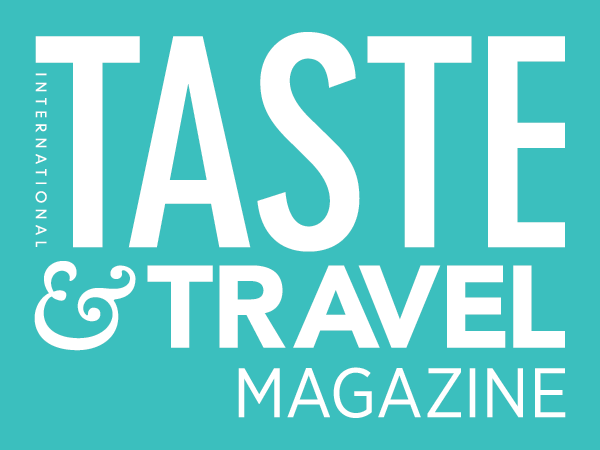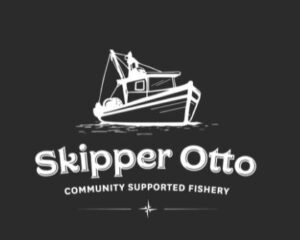Tucked away on the lowest level of the Osthoff Resort is a gleaming teaching kitchen, the domain of Rodney Schultz, Chef Instructor at The Osthoff Resort Cooking School. If the pillowy cinnamon roll filled with maple custard we’ve tasted is any indication, we are in accomplished hands. Schultz’s kitchen has prep stations for up to 20 students, the walls are hung with skillets and pans, drawers filled with knives (sharp!) and tools, cupboards with bowls, jugs, saucepans and lids. Two massive multi-hob gas ranges stand at the ready.
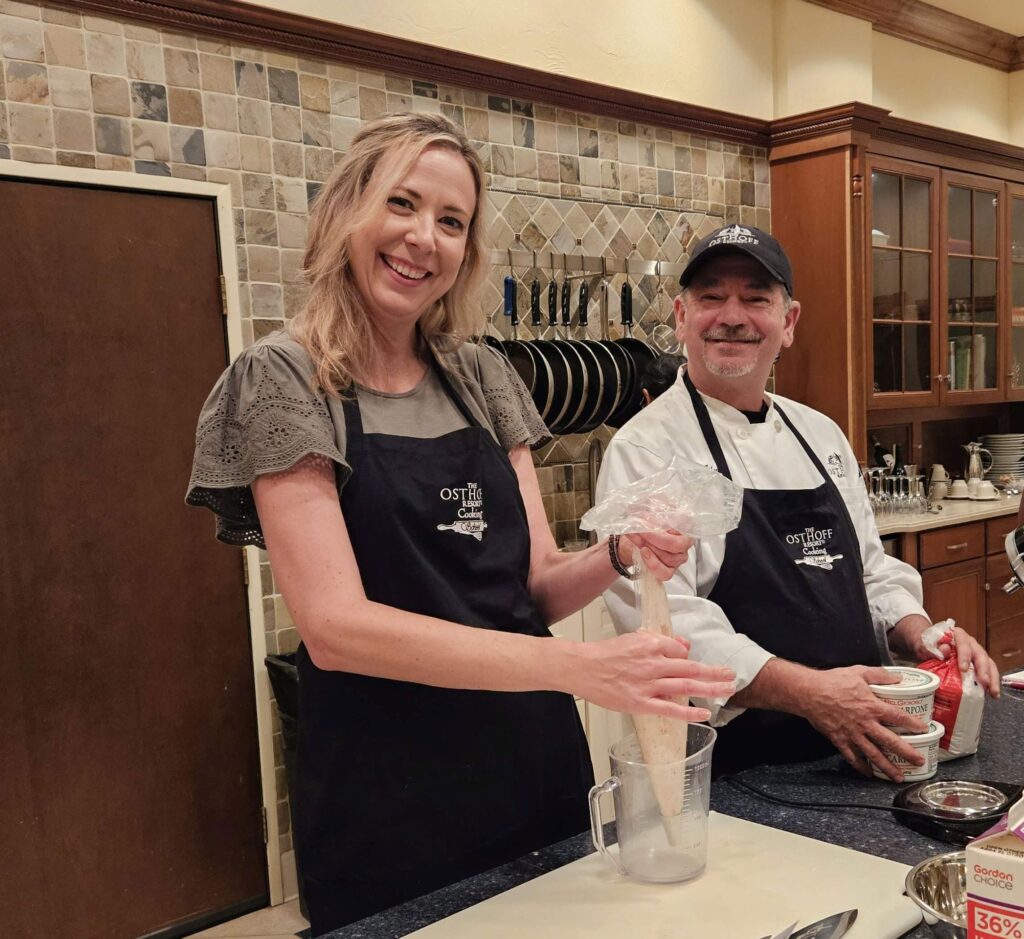
The Osthoff Resort is the cornerstone of the small community of Elkhart Lake in northeast Wisconsin. The lake is a crystal clear, spring-fed body of water, valued by Native Americans for its healing properties. The same promise brought a sickly Paulina Osthoff to the lake in the 1880’s and when she recovered, she and husband Otto opened the Osthoff Hotel in 1886. The hotel, along with other resorts and holiday camps established around the lake, became a favourite haunt of affluent city dwellers from Milwaukee, Green Bay and Chicago, and in Al Capone’s era, a paradise for illegal gamblers. When that activity came to an end in the 1940s, Elkhart Lake went into decline.
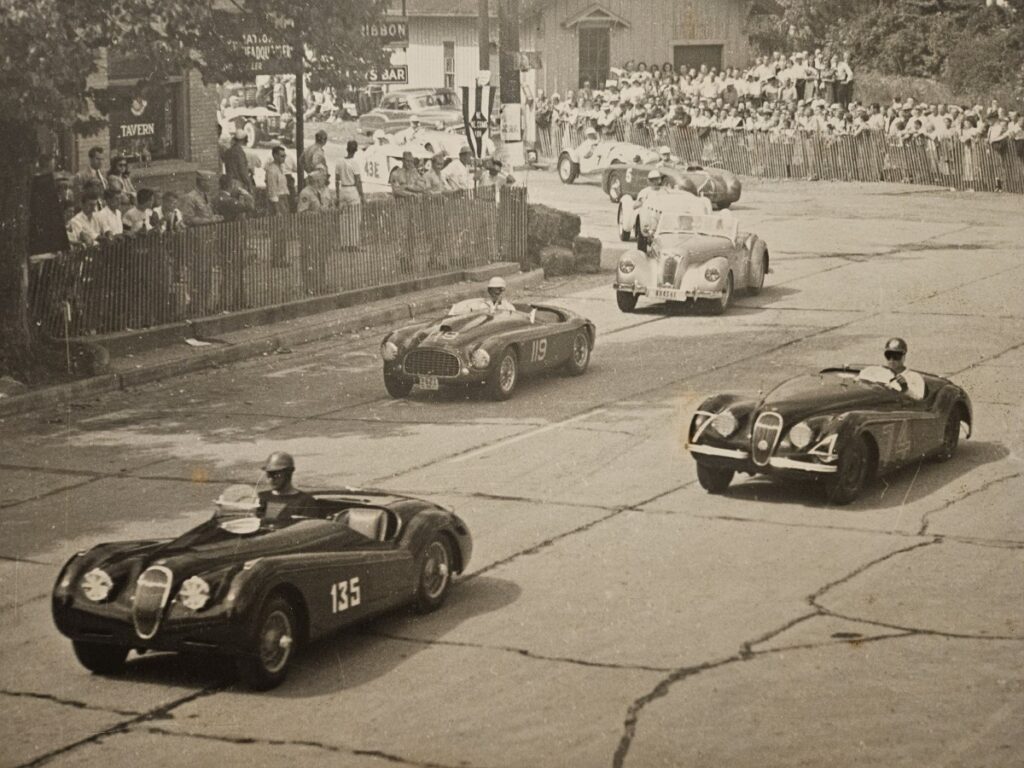
Looking for ways to revitalise the village, local car enthusiasts (some of them ex-servicemen who had seen sporty low-riding cars in Europe during WW II) instituted a road race in 1950. The entrants drove high-performance British cars in a four-mile circuit around the lake and through the village streets. The following year’s races drew a crowd of 100,000 spectators, separated only by hay bales from cars reaching speeds of 130 mph. The 1952 race was cancelled when the state outlawed racing in the streets, leading to the creation of Road America, a re-creation of the Elkhart Lake circuit, with its exact hills and turns, on farmland just outside the village.
Road America is now recognized as one of the premier road racing tracks in the world and in race season, Elkhart Lake is thronged with race car enthusiasts and family vacationers, many of whom have been coming to the lake for generations.
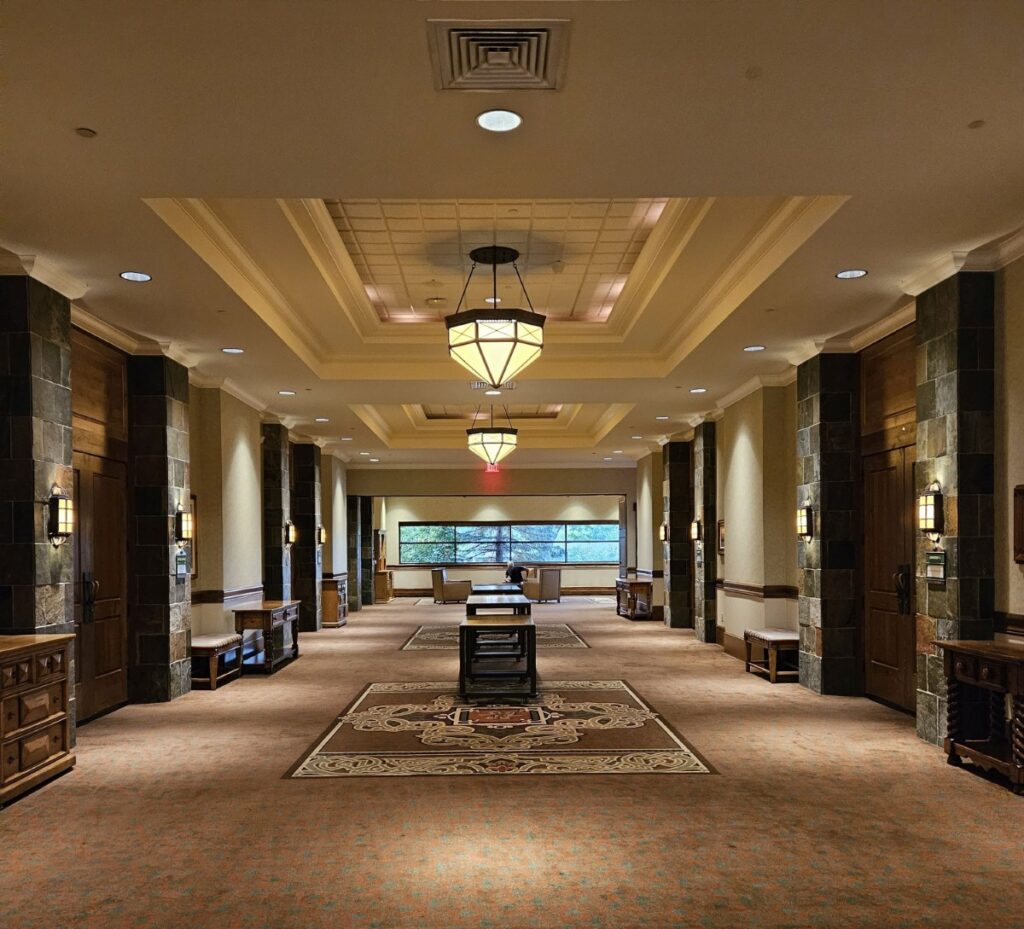
The modern iteration of the Osthoff Resort — a sprawling lakefront property with manicured gardens, multiple accommodation wings, extensive conference facilities and a stunning 20,000 square foot luxury spa — opened in 1995. The Aspira Spa, a serene space devoted to natural wellness, pays homage to the Native American belief in the sacred healing properties of the lake waters. The ambiance is inspired by the elements of wood, earth, stone, mineral, fire and water. Unique treatments include relaxation in a room constructed from glowing blocks of Himalayan Salt with crunchy crystals underfoot.
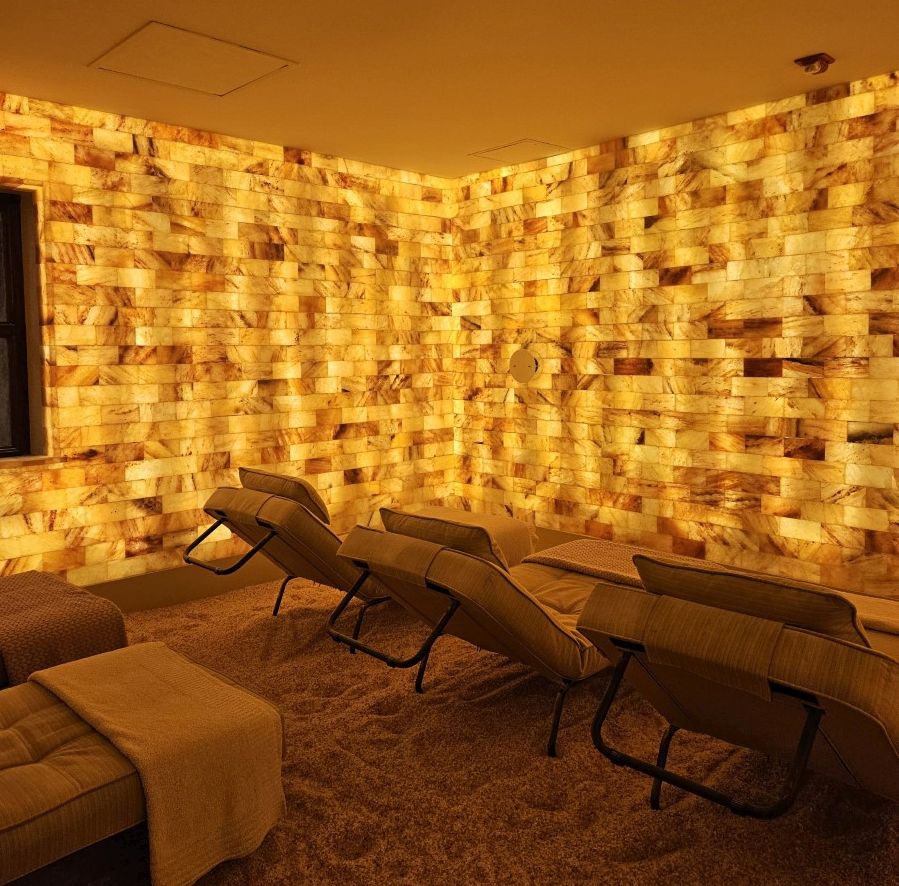
Two other historic resorts, both walking distance from the Osthoff, have recently acquired new owners and are being meticulously restored.
Siebkens Resort, formerly the 1882 Belleview Hotel, was purchased by Laura and Herman Siebken in 1916 and remained in their family until 2019. New owners Wendy and Rob Orth ensured that the property was listed on the State Register of Historic Places as a rare survivor from Elkhart Lake’s historic period, with its collection of buildings of Italianate, Greek Revival, Queen Anne and Colonial Revival styles reflecting the long resort history of the village. They are pouring heart and energy into bringing Siebkens back to its gracious past, while integrating modern accommodation standards. The resort’s restaurant, P.A.M.s (named for former owner/chef Patricia Anne Moeller) occupies the original dining room of the Belleview Hotel. It is a gorgeous reminder of bygone elegance, with antique lamps, crisp white table linens and rich floral wallpaper. The menu includes dishes made from heritage recipes found on hand-written recipe cards during the resort renovation. In the “hidden” alcove bar, mixologist David Schaal creates classic cocktails and sophisticated modern libations.
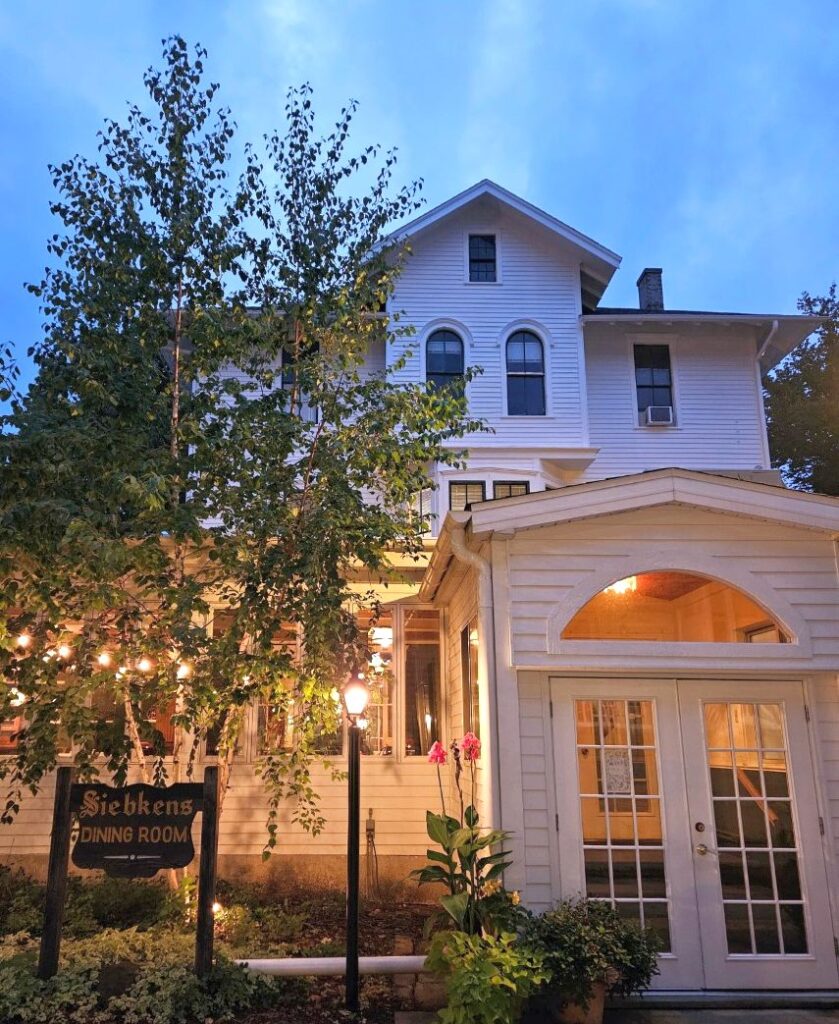
A totally different vibe takes over in the resort’s Stop-Inn-Tavern, a world-famous watering hole on the international road race circuit. Tin-lined walls plastered with stickers, race flags covering the ceiling, and motorhead memorabilia attest to the pub’s century-long tradition of hospitality and revered status among racetrack enthusiasts.
Sitting on a hill with a commanding view of the lake is the original Schwarz Hotel, built between 1872 and 1876. It has been converted into luxury condominiums but Schwartz’s own residence and the hotel’s theatre and boathouse are now folded into The Shore Club, a contemporary resort under direction of new owner Tom Shortt. The Schwartz residence houses the hotel lobby and six guest rooms (there is also a modern condo wing). The theatre retains its vintage look and hosts live music, karaoke and comedy improv. The former boathouse is now Social Speakeasy Lounge, another gorgeous space, with a massive bar running the length of one wall, an open fireplace, comfy leather sofas and a screen showing vintage black and white movies rounding out the Prohibition-era vibe. Food measures up too – a spiced pumpkin soup and local walleye stand out. If you are lucky and Tom Shortt is behind the bar, he mixes a smashing Bloody Mary.
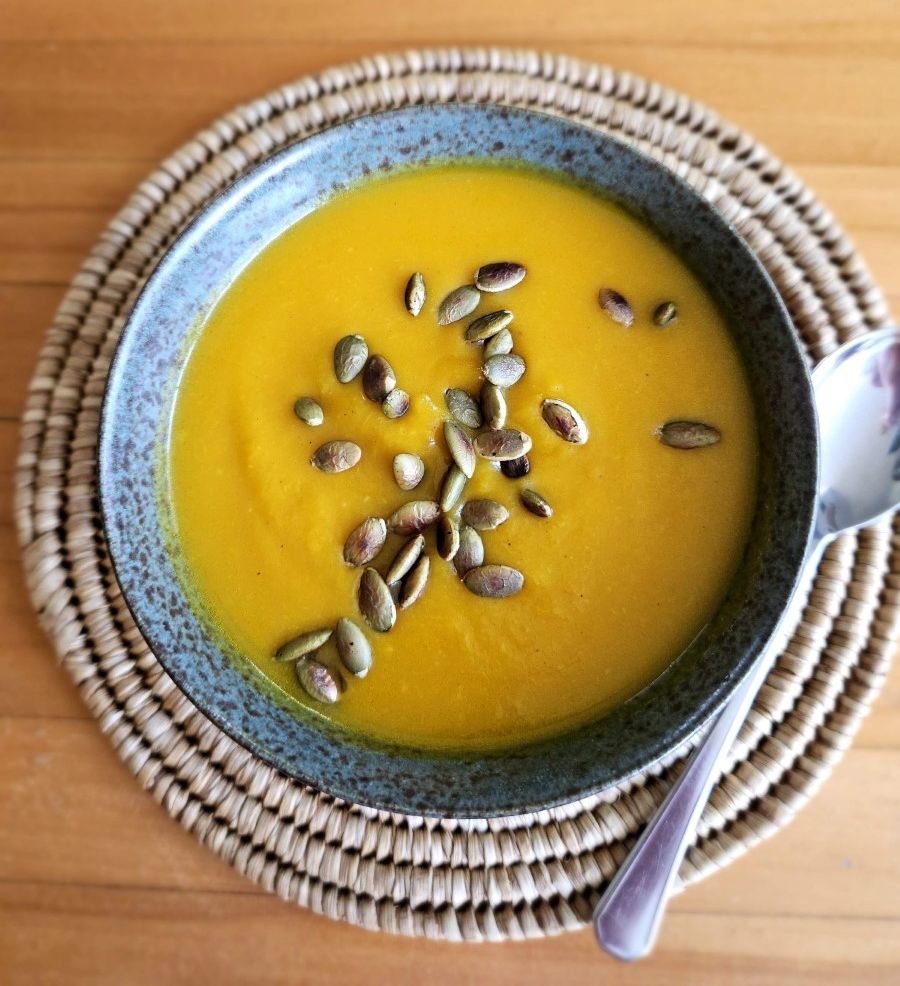
There is a long tradition of theatre at Elkhart Lake. Camp Harand, on the lakeshore, fostered young talents in musical theatre and stage plays at Osthoff Resort and Schwarz Hotel theatres were a part of every summer season. (A young Tony Shalhoub and Jeremy Piven both trod the boards at Elkhart Lake). Another venerable performance space was the 1882 Siebken’s Opera House, currently used as a storeroom but part of the Orth’s restoration plan.
The whole of Elkhart Lake is easily walkable. The village spans just a view blocks lined with gingerbread Victorian houses and Arts and Crafts bungalows, radiating out from the old Milwaukee & Northern Railroad station (now a tiny museum) that offloaded cars full of gamblers, gangsters, vacationers and race fans back in the day.
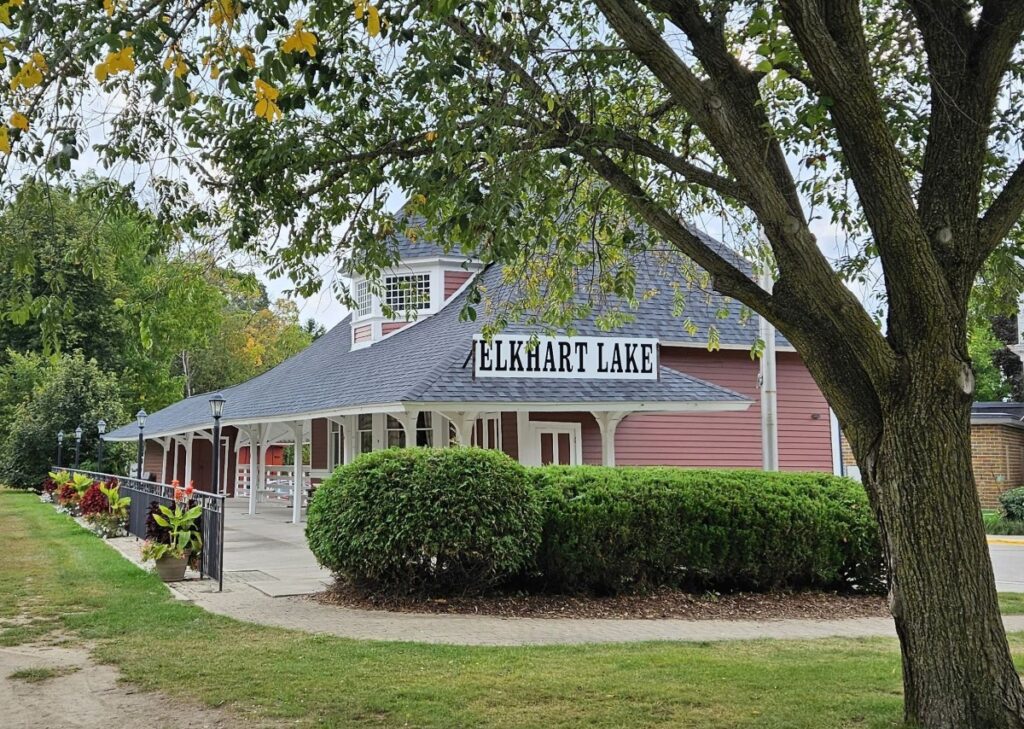
For a tiny village (population 951) Elkhart Lake is well supplied with shopping and dining options. Kitty corner to the station is the old Elkhart Feed Mill, now home to Elkhart Lake Outfitters — packed to the rafters with clothing, homewares and locally themed gifts — SwitchGear craft brewery and Off The Rail Café, a busy local coffee shop with a blackboard menu of train-themed sandwiches. Call for the Conductor and you’ll get a bagel with cream cheese and Nutella. The Freight Train is a fully loaded sandwich with turkey, Havarti, bacon, sprouts, onion, tomato and horseradish.
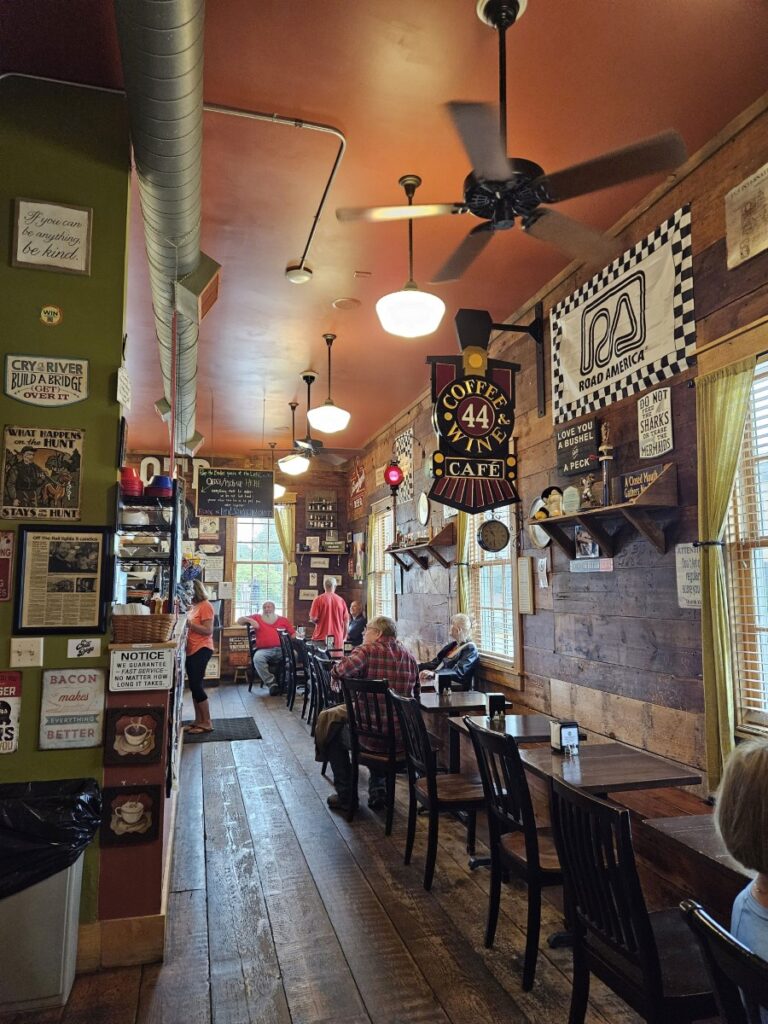
Nearby is Vintage Elkhart Lake, a fine foods shop, wine boutique and tasting room owned by certified sommelier Jaclyn Stuart. In the next block, the whimsical Two Fish Gallery displays the work of ceramicists Patrick and Karen Robison and other local artists in a sculpture-filled garden.
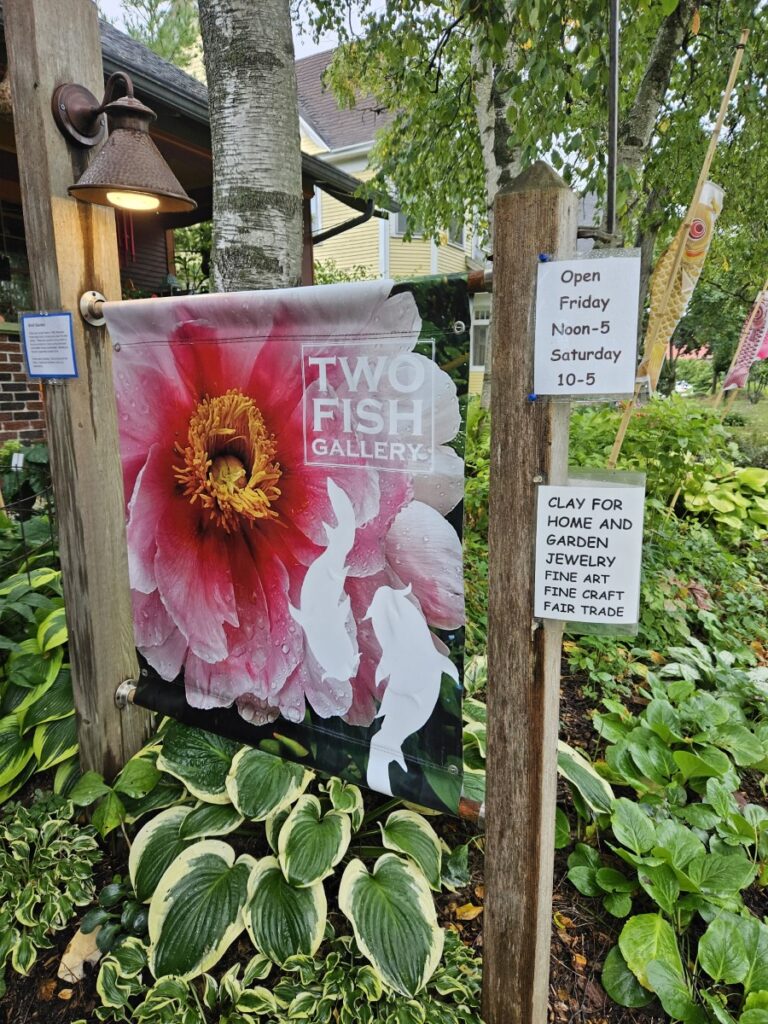
A surprise discovery was Amasa, a food truck with Mexico City chef Regina Gonzales Juarez and baker Karen Trejo Garcia dishing up superb regional Mexican cuisine and baked goods. The truck is parked in an alley behind Lake Street Café, which boasts the state’s third largest wine list and a creative California Bistro menu. Owner Lynn Shovan has sponsored work visas for fourteen Mexican nationals and cooking alongside them has found a new passion for her work after 25 years in the restaurant industry.
Elkhart Lake is surrounded by dairy farms and growers of seasonal produce, from asparagus and strawberries in spring to pumpkins and fingerling potatoes in the fall. As Road America attracts race teams and spectators from all over the world, culinary standards in the village are constantly evolving.
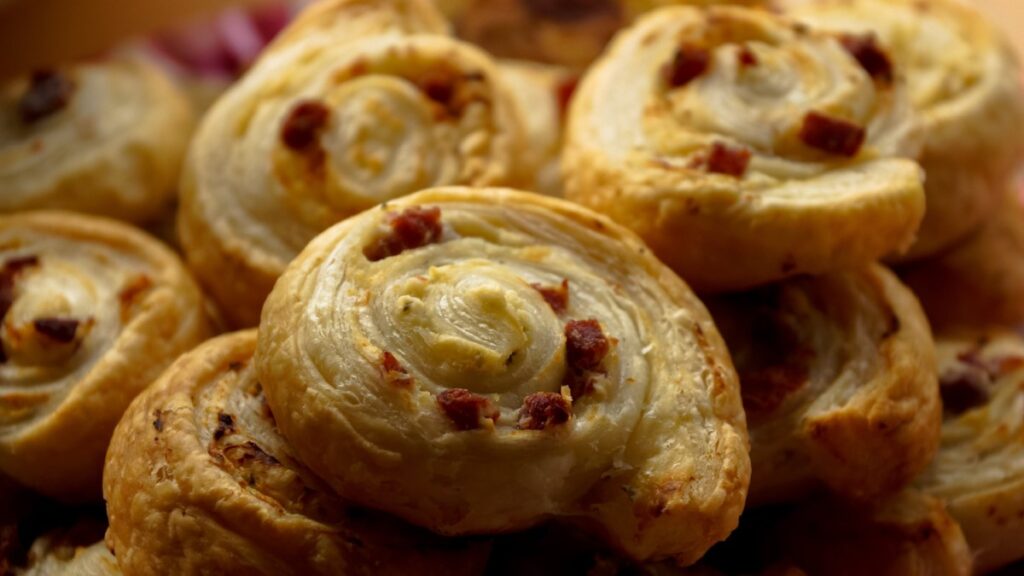
Cheese is Wisconsin’s signature product and in addition to the fine cheddars, Jack and Colby the state is known for, are some excellent products coming from small-batch artisanal cheesemakers. For full immersion into the world of Wisconsin cheesemaking, a visit to Henning’s production facility and retail shop in nearby Kiel is both educational and tasty. The first Henning to graduate from the University of Wisconsin Dairy School was Otto, class of 1915. Today his grandsons, award-winning cheesemakers Kerry and Kurt Henning, are cutting the curds.
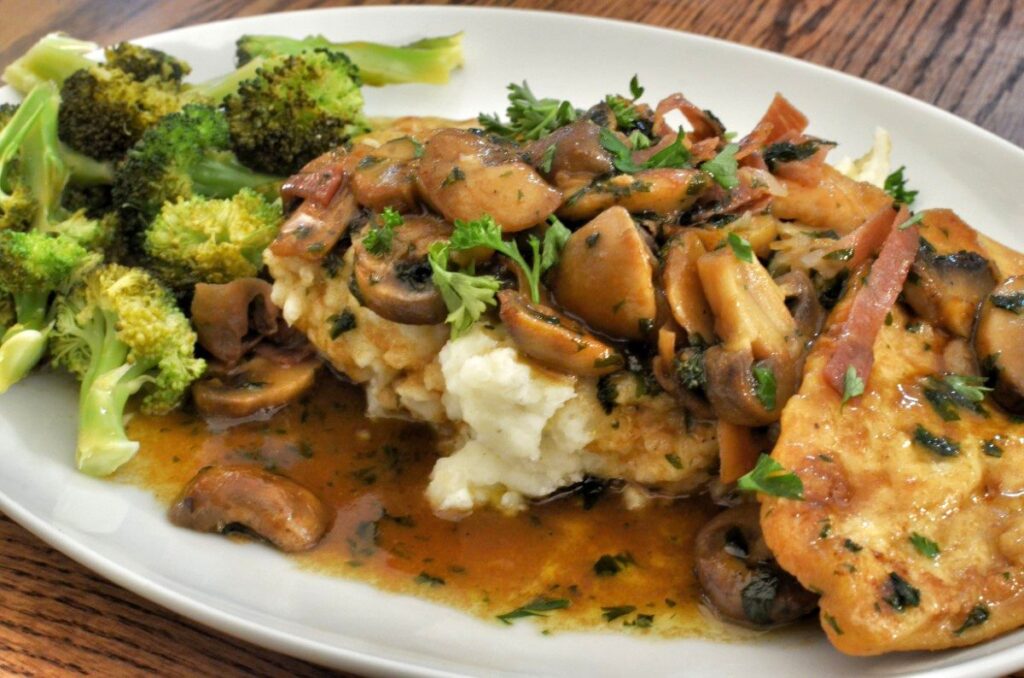
A nutty Sar Vecchio reserve parmesan from Sartori, a four-generation cheese company just up the road in Plymouth, adds the finishing touch to the risotto we’ve been stirring for the last twenty minutes in our cooking class. We’ve made asparagus risotto perfumed with saffron and pinot grigio, chicken marsala with prosciutto and cremini mushrooms, and a strawberry cannolo filled with Wisconsin mascarpone. Its time to eat.
